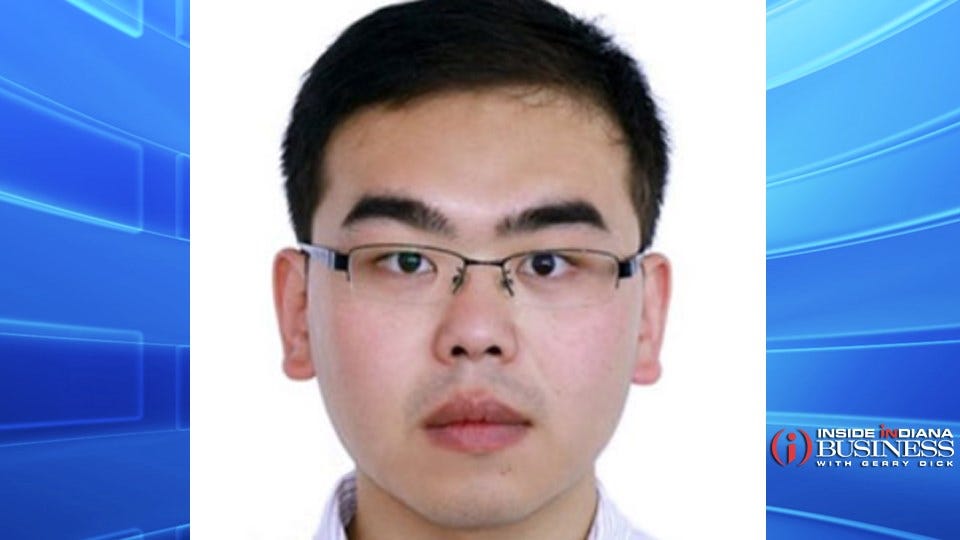IU Researcher Awarded NIH Grant
 Feng Guo
Feng Guo
Subscriber Benefit
As a subscriber you can listen to articles at work, in the car, or while you work out. Subscribe NowThe National Institutes of Health has awarded a $2.3 million grant to Indiana University Assistant Professor Feng Guo, who is one of only 33 people in the country to receive the NIH Director’s New Innovator Award. The university says the funding will be used to advance Guo’s research on autoimmune diseases.
The NIH says the New Innovator Award is given to “exceptionally creative early career investigators who propose innovative, high-impact projects in the biomedical, behavioral or social sciences within the NIH mission.”
Guo is an assistant professor of intelligent systems engineering at IU’s Lully School of Informatics, Computing and Engineering. The university says his research has “the potential to revolutionize the diagnosis, prognosis and treatment of multiple sclerosis” and other autoimmune diseases by strengthening the ability to detect them.
Guo says clinical tests currently are not able to adequately predict the progression of MS because sufficiently sensitive or effective biomarkers aren’t available. The university says the grant will fund new approaches for measuring cell adhesion, or “stickiness,” which contains information on how cells interact and could be used as such a biomarker.
“During my Ph.D. studies, I developed pioneering 3D acoustic tweezers and acoustofluidics technologies for single-cell manipulation and analysis,” Guo said. “In this project, I am going to further deploy acoustics and microfluidics to simultaneously measure the single-cell stickiness of a large cell population by rupturing cells’ contacts. Because of the difficulty in distinguishing and sampling a disease-marker cell in clinical samples, the proposed biomedical device will also be designed to isolate single cells of particular stickiness for disease mechanism studies or treatment testing.”
Guo says his goal is to develop a portable, user-friendly system that can be used widely in research laboratories and hospitals.
